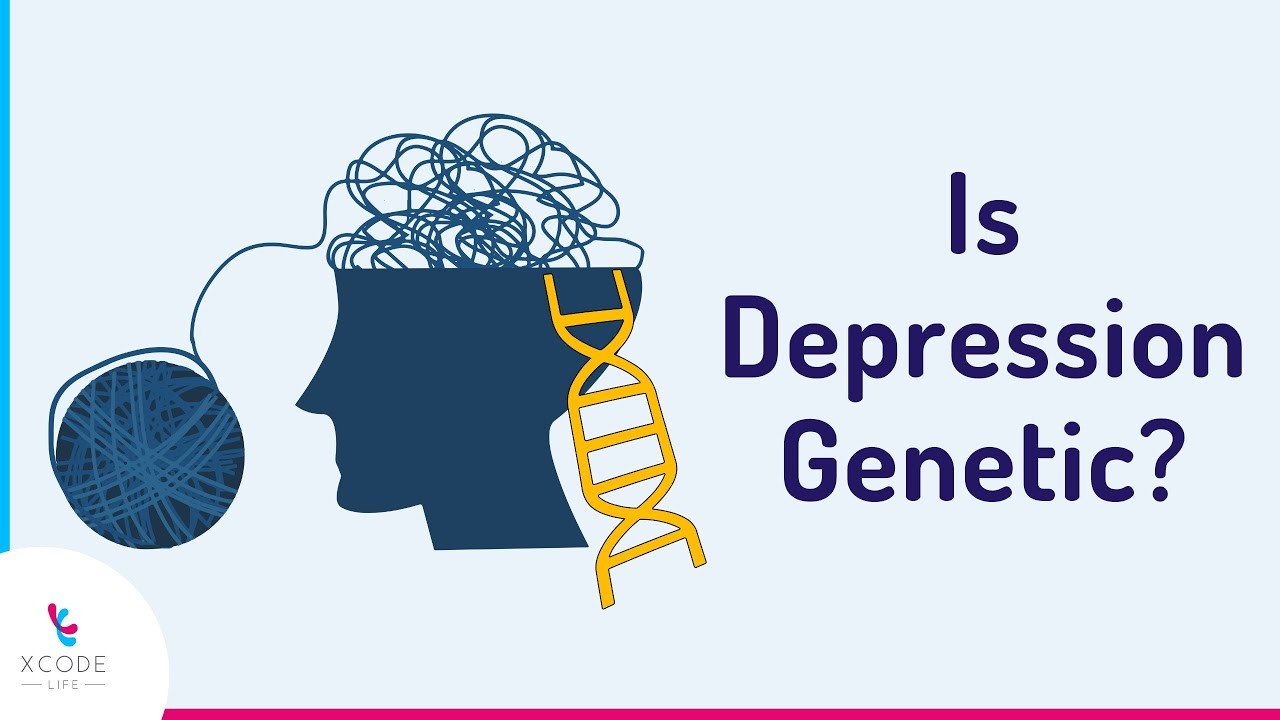Decoding Depression Bridging Genes Behaviors And Environments Society Today

Decoding Depression Bridging Genes Behaviors And Environments Society Today Background the old “nature versus nurture” debate is obsolete. it’s now understood that genetic and environmental factors are intertwined in complex ways. genes influence how we act in certain environments; and, at the same time, our environment can cause certain genetic factors to “switch on” or “switch off.” there’s now a huge literature in both […]. Risk of depression increased in the general population after the covid 19 pandemic outbreak. by examining the interplay between genetics and individual environmental exposures during the covid 19.

Decoding Depression Exploring The Genes Behind The Condition The causes of depression are complex, and the current diagnosis methods rely solely on psychiatric evaluations with no incorporation of laboratory biomarkers in clinical practices. we investigated. Studies on gene–environment interactions—key points: the environment and genetics interact to increase the risk of depression. the etiology of depression is multifactorial. adolescence is a time of vulnerability. a number of studies have touched on gene–environment interactions [72,77,82,119,381,476,477,478,479,480,481]. Decoding depression: bridging genes, behaviors, and environments randy lynn, ph.d. february 19, 2024 people genetically predisposed to depression are also more likely to have experienced negative life events. Abstract. depression is one of the most prevalent, disabling, and costly mental health conditions in the united states. one promising avenue for preventing depression and informing its clinical treatment lies in uncovering both the genetic and environmental determinants of the disorder as well as their interaction (i.e. gene environment intervention; gxe).

Comments are closed.